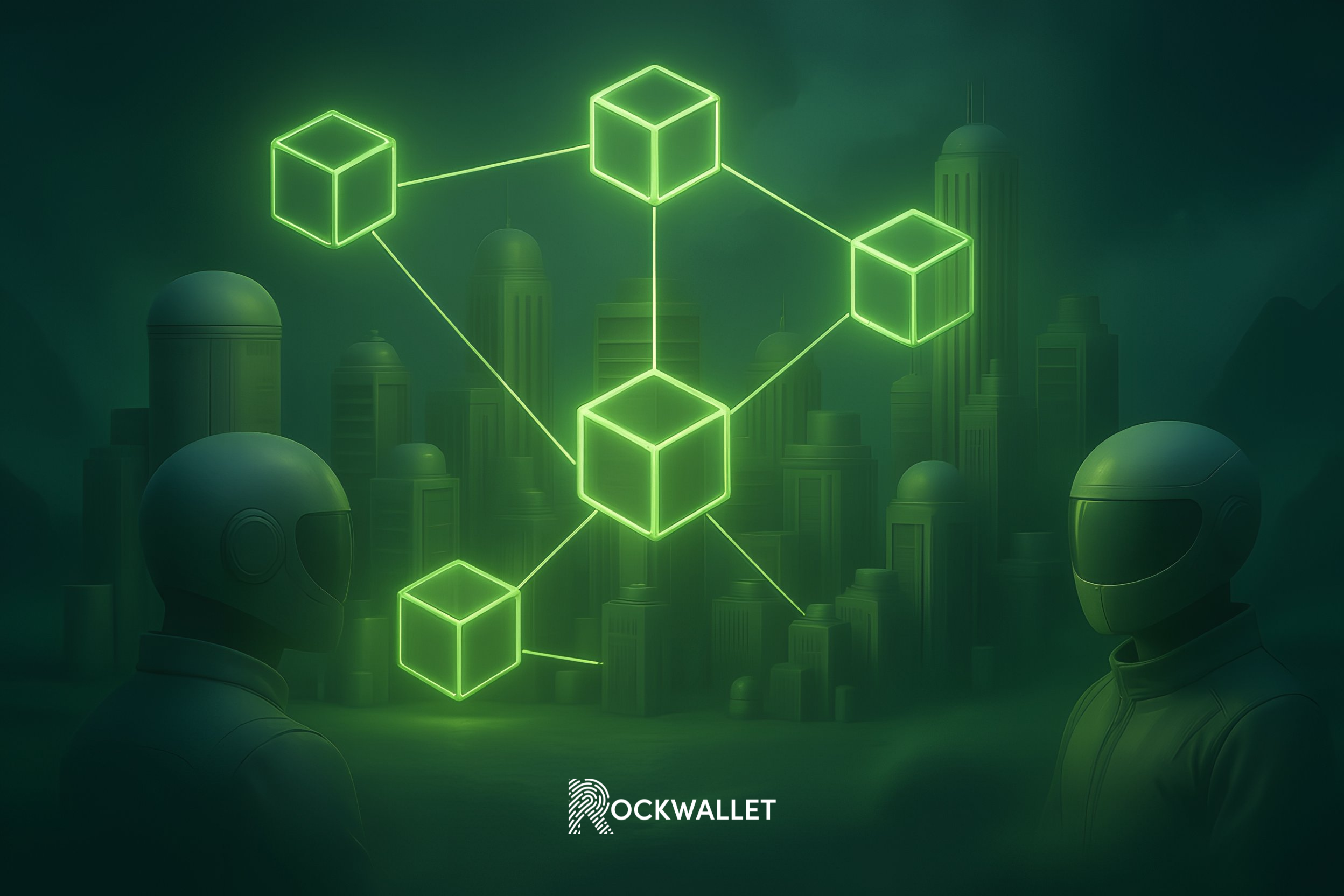
Is AI governance the future of DAOs?
From AI assistants that summarize governance debates to agents that manage treasury operations on-chain, automation is quietly becoming a standard part of how DAOs function.

From AI assistants that summarize governance debates to agents that manage treasury operations on-chain, automation is quietly becoming a standard part of how DAOs function.
Since early 2024, artificial intelligence has gone from a nice-to-have to a core feature in many decentralized autonomous organizations (DAOs). Often plagued by low voter turnout and coordination fatigue, these communities are now leaning on AI to help make decisions faster, manage operations more efficiently, and open up participation to a broader group of users.
From AI assistants that summarize governance debates to agents that manage treasury operations on-chain, automation is quietly becoming a standard part of how DAOs function.
One standout is Aave’s x23, an AI tool built to help users make sense of complex governance conversations. Its key features include summarizing forum threads as well as highlighting arguments, flagging potential outcomes, and drafting proposals. Since launch, it’s helped Aave members save time and stay engaged without reading through hours of discussion.
And Aave’s not alone. In 2025, close to a third of major DAO decisions were either guided or executed in part by AI systems. That includes scheduling votes, flagging urgent proposals, enforcing quorum rules, and automating routine governance actions.
The result? Less gridlock. More participation. Faster decisions.
DAOs live on community input—but that often means sifting through endless Discord threads, governance forums, and Snapshot votes. AI agents, particularly those powered by large language models, are now doing that work for delegates.Projects like Optimism and MakerDAO are leveraging these tools to highlight key points, counterarguments, and decisions—turning hours of 10-hour reading into minutes.
AI agents aren’t just summarizing—they’re acting. Karpatkey, a treasury manager for several DAOs, has started integrating predictive analytics into its systems. These AI tools can flag spending anomalies, simulate risk scenarios, and suggest optimal fund allocations based on market forecasts—shifting treasury management from reactive to proactive.
DAO governance has long been dominated by a vocal few—typically those with technical fluency and time. AI is starting to level the playing field. With features like multilingual summaries, smart voting suggestions, and even voice interfaces, these tools help global and non-technical members contribute more easily, increasing efficiency as well as inclusion.
Integrating AI into DAOs doesn’t come without risks. Model bias, decision opacity, and over-automation are all real concerns. But leading projects are addressing these issues by using open-source models, maintaining auditable decision logs, and balancing human participation with AI co-pilots rather than fully autonomous agents. This approach allows DAOs to benefit from the scalability and improved governance that AI enables—without giving up full control.
DAOs aren’t just automating for efficiency. They’re building a better governance experience—faster, more transparent, and more inclusive. What once took weeks of back-and-forth can now be handled in days, sometimes even hours. AI hasn’t taken over DAOs—it’s just made them work better. As the technology matures and more communities adopt AI-driven systems, this shift won’t just improve how DAOs function—it may redefine what decentralized governance looks like entirely.